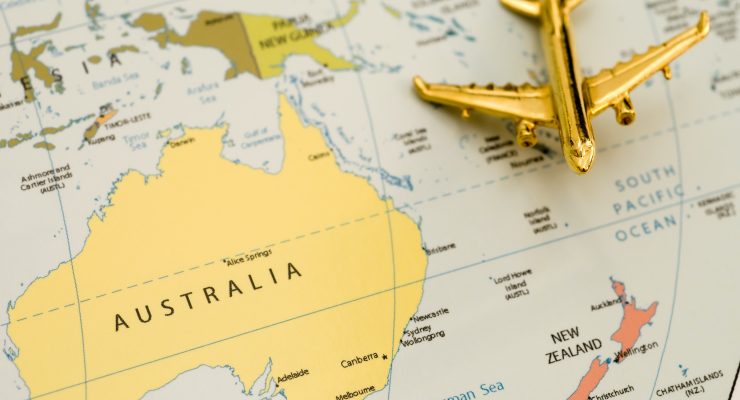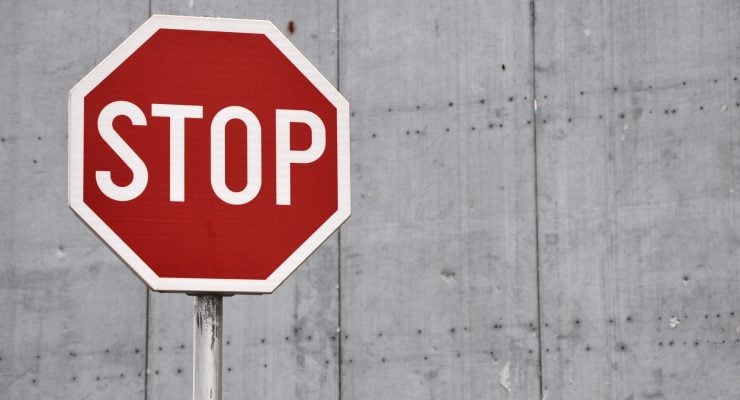Cost of living in Quebec
Montreal is the most expensive city in the province, but cost of living is more affordable in Quebec City, Gatineau (in the National Capital Region), just outside Montreal in Longueil or Laval, Sherbrooke, Trois-Rivières, Saguenay, etc.
Average wages in Quebec
Minimum wage:
- General minimum wage (applies to most employees), $16.10 per hour
- Minimum wage for employees receiving tips, $12.90 per hour
|
Quebec
|
Average hourly wage
|
|
Average hourly wage (total employees – all industries)
|
$33.21
|
|
Business and finance
|
$39.32
|
|
Health care
|
$30.27
|
|
Education services
|
$39.10
|
|
Arts and entertainment
|
$31.12
|
|
Trades
|
$24.91
|
|
Manufacturing
|
$32.91
|
|
Sciences
|
$40.23
|
Cost of living in Montreal
Rent prices
According to the CMHC, a bachelor apartment in Montreal starts from $810 per month and a one-bedroom apartment (called a “3 ½” in Quebec) from $1,066 per month. RentSeeker estimates a bachelor apartment is $1,311 per month and a one-bed is $1,665 per month.
By the way, your French language skills may not help when you’re looking at classifieds, since Quebec uses unique terminology. Read Deciphering rental ads to learn more.
The most expensive neighbourhoods in the city are downtown Montreal (downtown core and around universities), Plateau-Mont-Royal and Côte-des-Neiges. The cities of Outremont and Westmount are also pricey.
Like everywhere else, the further from the downtown core, the cheaper rent is. You also pay for conveniences—apartments close to a subway station are more expensive. The exception is Nuns’ Island (Île-des-Sœurs)—despite the lack of efficient public transportation options to get to downtown Montreal, it’s very expensive. In this case, you’re paying for the stunning environment!
So, where should you go for cheaper rent? Laval, north of Montreal (just avoid the West side where real estate is expensive) or Longueuil, on the south shore, directly across from Montreal. However, both are quiet commuter towns and public transportation options are not exactly convenient, which is why most residents drive to Montreal. You basically have to deal with either traffic jams (and the cost of car ownership) or tricky connections to Montreal’s public transportation system.
Public transportation
Montreal’s extensive public transportation system is operated by the Société de transport de Montreal (STM). It includes metros and buses:
- Single trip: $3.75
- Day pass: $11.25
- Three-day pass: $21.75
- Weekly pass: $32
- Monthly pass: $104.50
For more information, read Fares.
Food
Food prices are average for Canada, but produce is often more expensive than in Europe, South America or Asia.
Entertainment
- Restaurants: a meal and a non-alcoholic drink sets you back $20-$30 (plus tax and tip). Fancier restaurants are closer to $80
- Bars: a beer is $8-$10 and your favourite cocktail $18-$20
- Movie theatre: a ticket is $13-15
Cost of living in Quebec City
Rent prices
Real estate in Quebec City is much cheaper than Montreal. According to the CMHC, a bachelor apartment is $721 per month and a one-bedroom apartment (again, a “3 ½” in Quebec) is $1,300 per month.
Rent is higher in Upper Town (“Haute-Ville”) than in Lower Town (“Basse-Ville”) and Vanier.
Public transportation
The bus system is operated by the Réseau de transport de la capitale (RTC):
- Single trip: $3.70
- Single trip (cash fare): $4
- Day pass: $10.25
- Five-day pass: $34
- Monthly pass: $99.50
For more info, check the Fare schedule.
Entertainment
- Restaurants: a meal and a non-alcoholic drink sets you back $40 (plus tax and tip) to $90 for a fancier restaurant
- Bars: a beer is $8 and your favourite cocktail $5-$19
- Movie theatre: a ticket is $13












 Français
Français English
English




0 comments
{{like.username}}
Loading...
Load more